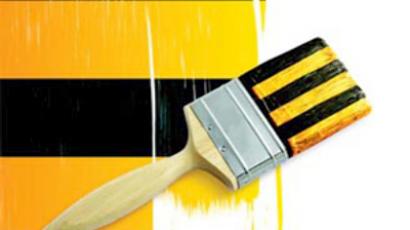New bookmaking law puts bet on future
This week Russian President, Dmitry Medvedev, signed a law tightening controls on bookmakers, with the industry representative body saying it is too complicated and will kill off new business.
The government is raising the stakes. After the nationwide clampdown on casinos a year ago, bookmakers are facing hard times. New financial requirements have turned a flourishing market with annual turnover of more than 1.5 billion dollars to a business of scraps.
Oleg Zhuravsky, the president of National Bookmakers Association, says only 13 companies still operate in Russia. All of them managed to get their licenses before the new law appeared.
"Earlier a bookmaker company needed 3 million dollars of equity capital to apply for the license, now the parliament has increased the figure to 55 million dollars with 17 million of them under a banking guarantee.”
There is some doubt the banks will support betting businesses. They would have to pledge twice as much as the secured sum of money. Struggling with the new rules, bookmakers saw earnings fall 80% over the past year – to just 400 million dollars. Oleg Zhuravsky says they also blame the Federal Tax Service which is now responsible for licensing bookmakers.
“Under the new law I don’t believe a single new bookmaker company will appear in Russia in the near future."
Some experts say the legislation may return the industry to the state it was in the 1990ties. The inability to comply with rules may kill a legal tax-paying business. But Egor Mitrushkin, a bookmaker expert with 15 years experience says it’s not all that bad.
“In the 1990’s, when the betting business appeared in Russia, the license were given by the state sports committee and a lot of doubtful companies appeared on the market using gambling license to cover their wheeler-dealer finance. Now the government is trying to legalise the market by way of consolidation. I think it is normal to keep on the market only big transparent whose activities can easily be checked.”
The licenses of the lucky 13 will expire in less than 5 years. If the market players fail in that time to find a common language with the authorities, the winners could be the illegal betting shops catering to the country’s eager gamblers.













